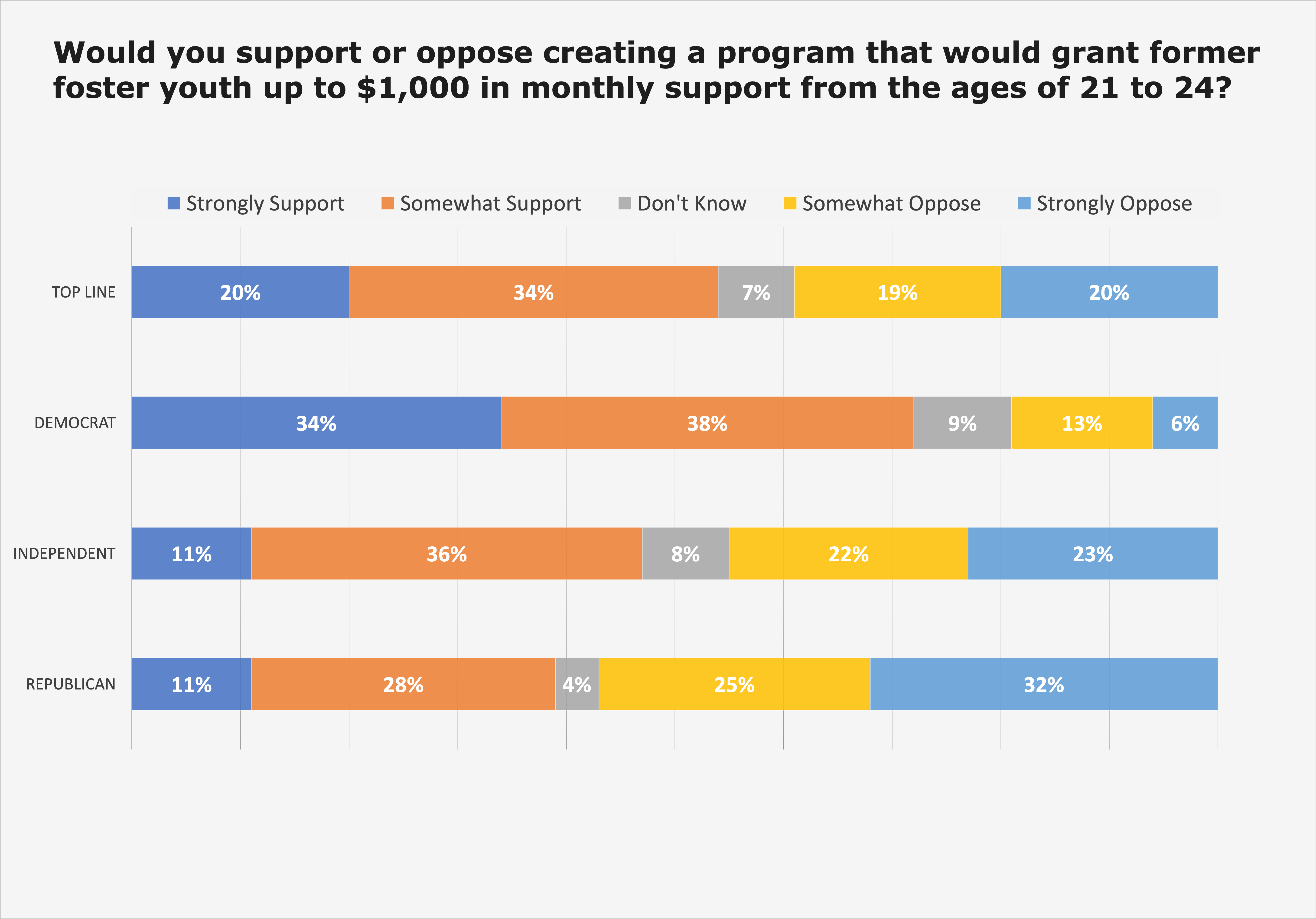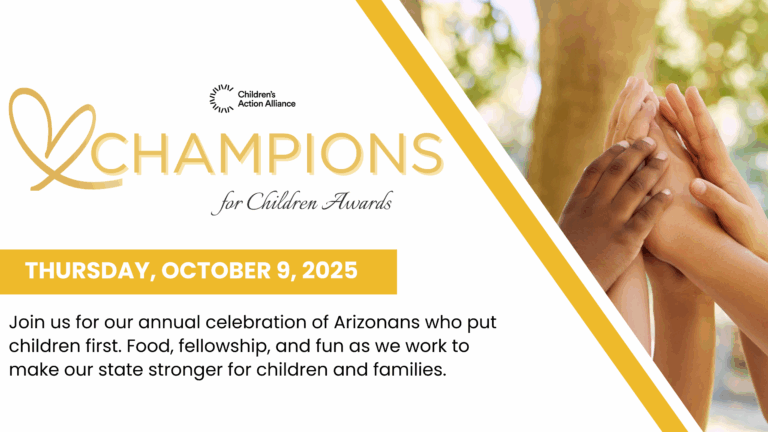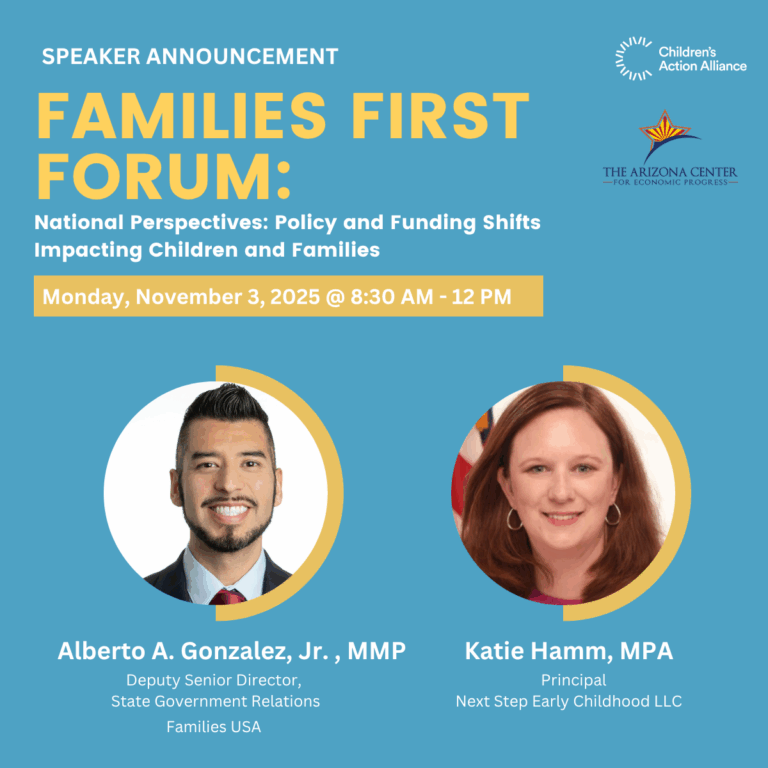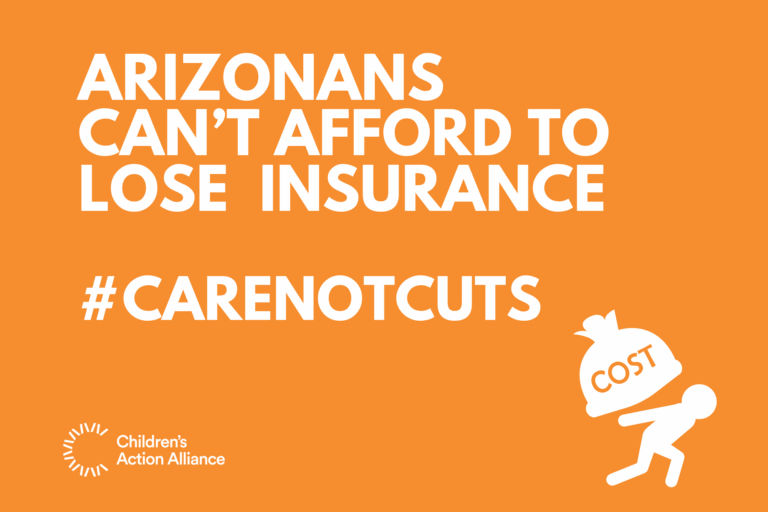
Pandemic reveals need for direct financial support of former foster youth
Last week, Arizona’s Department of Child Safety was awarded nearly $10.5M in federal funding to provide much needed and long-awaited pandemic relief to older and former foster youth up to age 27. These supplemental funds were provided by the Supporting Foster Youth and Families Through the Pandemic Act, passed late last year as part of the Consolidated Appropriations Act, and are the result of advocacy by young people from across the country who lobbied Congress to provide direct financial assistance to youth with experience in foster care—most of whom have been left out of prior stimulus measures. While not new, hastened by the pandemic, the concept of providing direct, no-strings-attached cash payments to young adults who have aged out of foster care is taking root.
Prior to the pandemic, many young adults were already relying on their parents and relatives for housing and financial support well into their twenties and that trend has increased sharply during the COVID-19 crisis. With high rates of unemployment, stagnant wages, and high housing costs, the path to financial independence for young adults is fraught with obstacles that are nearly impossible to navigate without the help of family. But that is exactly what young adults who have aged-out of foster care must do. In Arizona, about 900 foster youth age-out of foster care each year. They can choose to participate in extended foster care through age 20, but on their 21st birthday lose state financial support and must fend for themselves. “The government functions as their parent, and then swiftly extinguishes financial support, depriving foster kids of the safety net that so many of their peers increasingly find necessary. This added disparity compounds the systemic disadvantage that foster kids already endure, and puts them at heightened risk for poverty, homelessness, and incarceration,” say Mark Courtney & Shanta Trivedi in the recently published piece The Case for Providing Guaranteed Income to Kids Aging Out of Foster Care.
Citing research that shows remaining in foster care after age 18 increases the likelihood of positive outcomes in adulthood and decreases the likelihood of poor outcomes, Courtney, a professor at the University of Chicago who has spent decades studying the experiences of former foster youth, and Trivedi call upon states and localities to provide a regular stipend to young people as they transition from foster care to independent adulthood. Guaranteed income programs, like the one for former foster youth currently being piloted in Santa Clara County, California, provide direct cash payments to individuals with financial need. Though targeted by need, these payments are not contingent on unemployment or encumbered by other requirements. Recipients can use the funds flexibly to meet their most pressing needs in the moment—groceries, rent, transportation, education. Importantly, because guaranteed income programs are not contingent on the recipient being unemployed, they facilitate participation in the job market which is critical for former foster youth who don’t have family supports for back-up when they need help paying for rent, food, healthcare, and other basic needs.
Hastened by realities laid bare by COVID-19, the idea of guaranteed income for former foster youth is gaining traction in the child welfare community and beyond. Last week, a bill was introduced in California to take the Santa Clara pilot program statewide, and new polling shows that nationwide a majority of voters favor a guaranteed income program for young adults transitioning from foster care.

Source: Data for Progress and The Lab https://theappeal.org/the-lab/report/guaranteed-income-for-kids-transitioning-out-of-foster-care/
Even prior to the pandemic, many young adults relied on their parents for financial support—a trend has increased precipitously during COVID-19. But young adults who have aged-out of foster care don’t have a similar support system, and without it struggle. Arizona has made important investments in its extended foster care program in recent years, but that still leaves many exposed to dire outcomes like homelessness, incarceration, and poverty at age 21. Making needs-based financial support available to former foster youth would provide a lifeline for vulnerable young people and help them successfully transition to independent adulthood.




